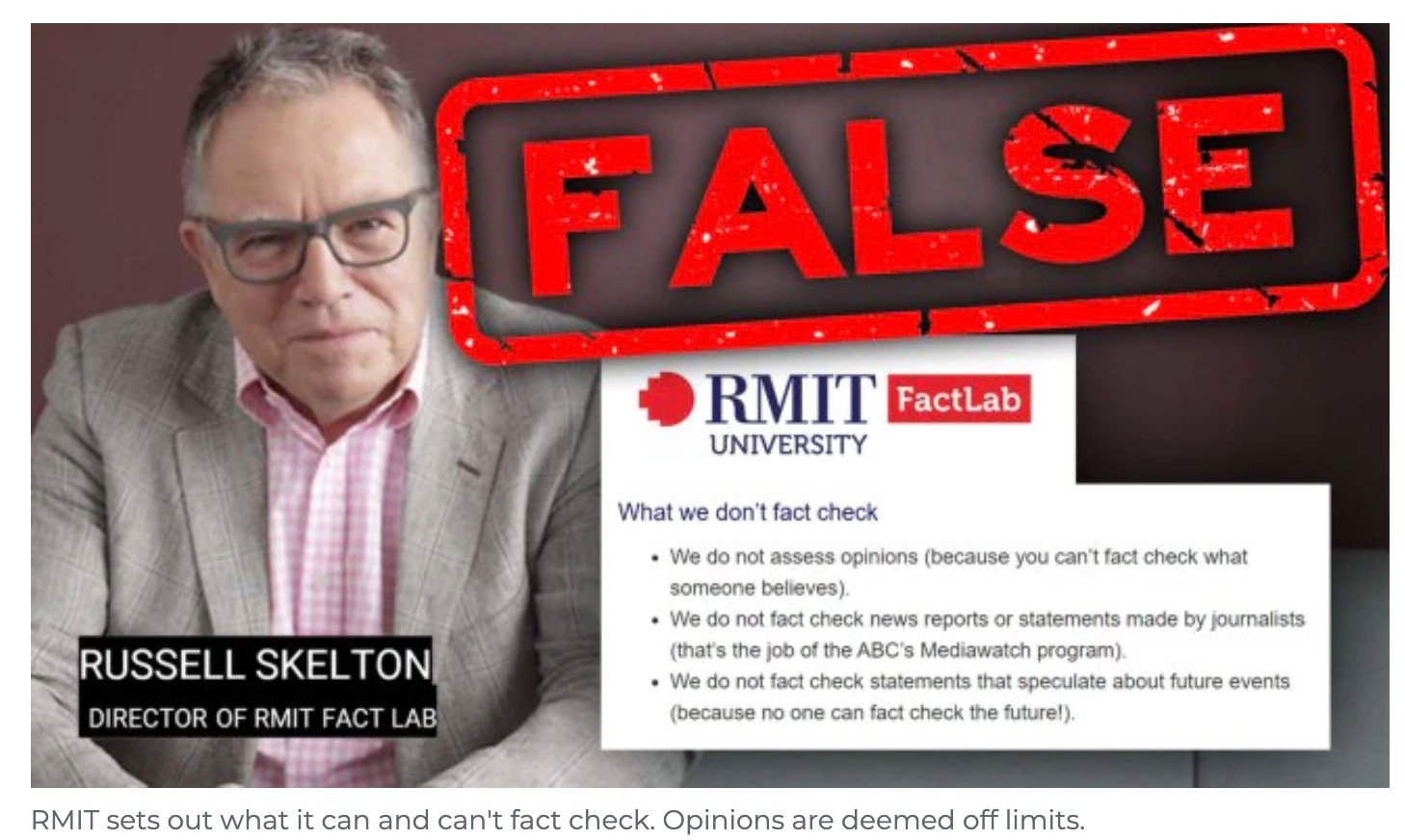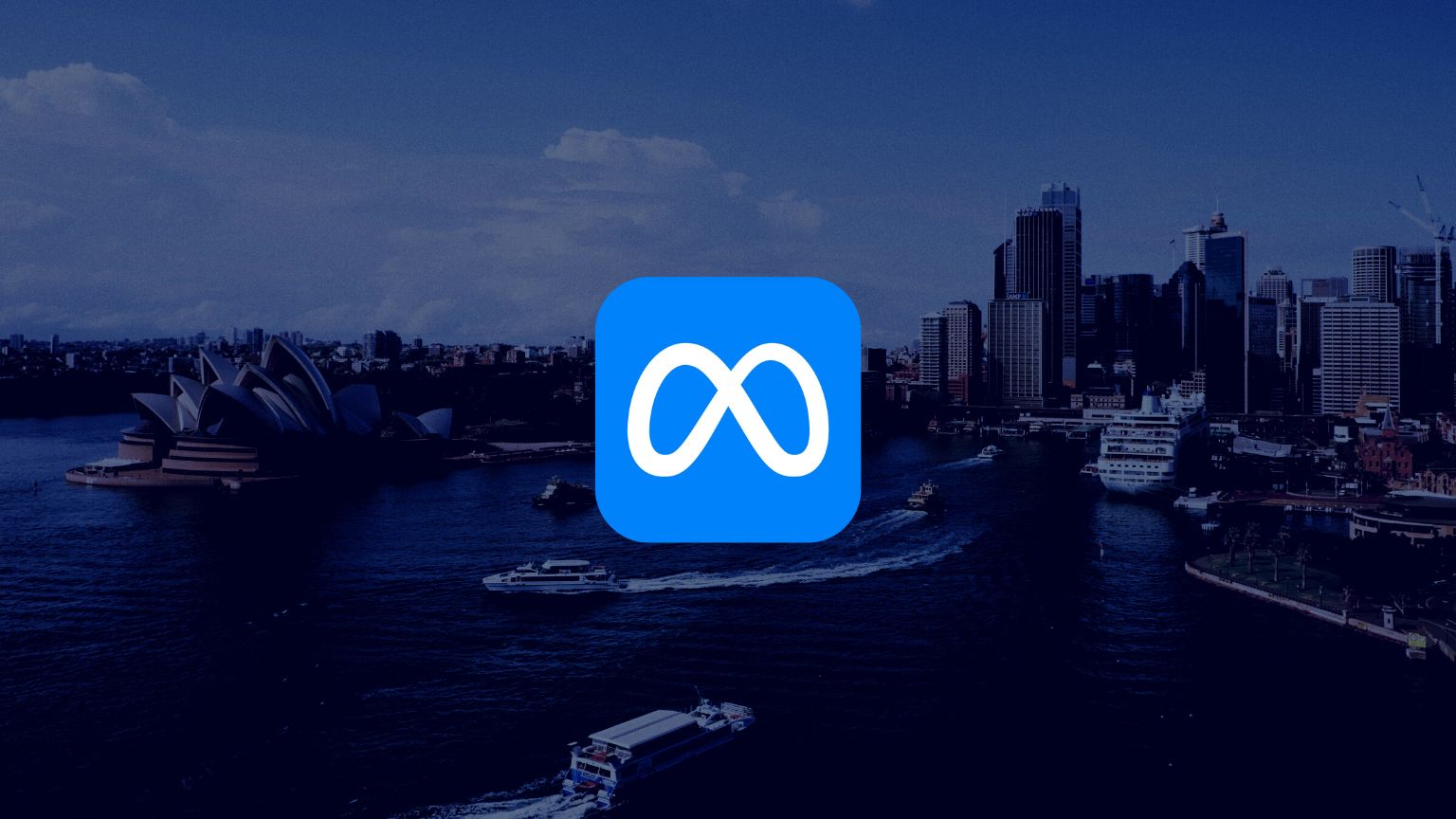In a resounding exposé, Australian reporters have furthered what we shone a spotlight on earlier this week where we showed how Facebook’s fact-checking operations – the very operations that have been advertised as independent – are actually receiving large payments from Meta itself.
As reported by Sky News, these allegations suggest that “hijacking” by activists has plagued the fact-checking of coverage tied to a contentious Australian referendum campaign, known as “the Voice.”
The investigation shines a light on the 2023 Australian Indigenous Voice referendum, a proposal to establish an Aboriginal and Torres Strait Islander Voice. This entity would aim to voice matters concerning Aboriginal and Torres Strait Islander peoples to the Parliament and the Executive Government. The operation of Facebook, led by Meta, and its alleged manipulation of public opinion has been the center of not just this exposé, but also public attention.
According to Sky News, findings bring to light policy violations, questionable expired fact-checking credentials, and suspected conflicts of interest. This investigative journey started with an exploration into Meta’s founder Mark Zuckerberg’s claim that Facebook’s fact-checking is managed by the independent International Fact Checking Network.

However, the findings seem to add a different color to this narrative. An Australian university, the Royal Melbourne Institute of Technology (RMIT), which is among the enlisted fact-checkers, allegedly entered into a commercial contract with an Irish Meta subsidiary, a deal which could be worth above $740,000 annually depending on the conducted fact-checks. Further, Sky News’ report underlines that the RMIT appears to have censored dissenting journalism around the Voice referendum.
Incidentally, although RMIT’s IFCN certification expired in December, its contract with Meta was not annulled as prescribed under the signed pact. Worryingly, this status is shared by 55 fact-checking operations worldwide which, despite invalid credentials, remain as signatories under the IFCN.
Exploring further into RMIT’s operations, the report found its fact-checks largely target content leaning towards a “no” vote on the Voice referendum. Moreover, it is alleged that its “Fact Lab” is led by former journalist Russel Skelton, whose partisan affiliations and pro-Voice stance signify a clear disregard for the required impartiality of a fact-checker under IFCN’s Code of Principles.






















